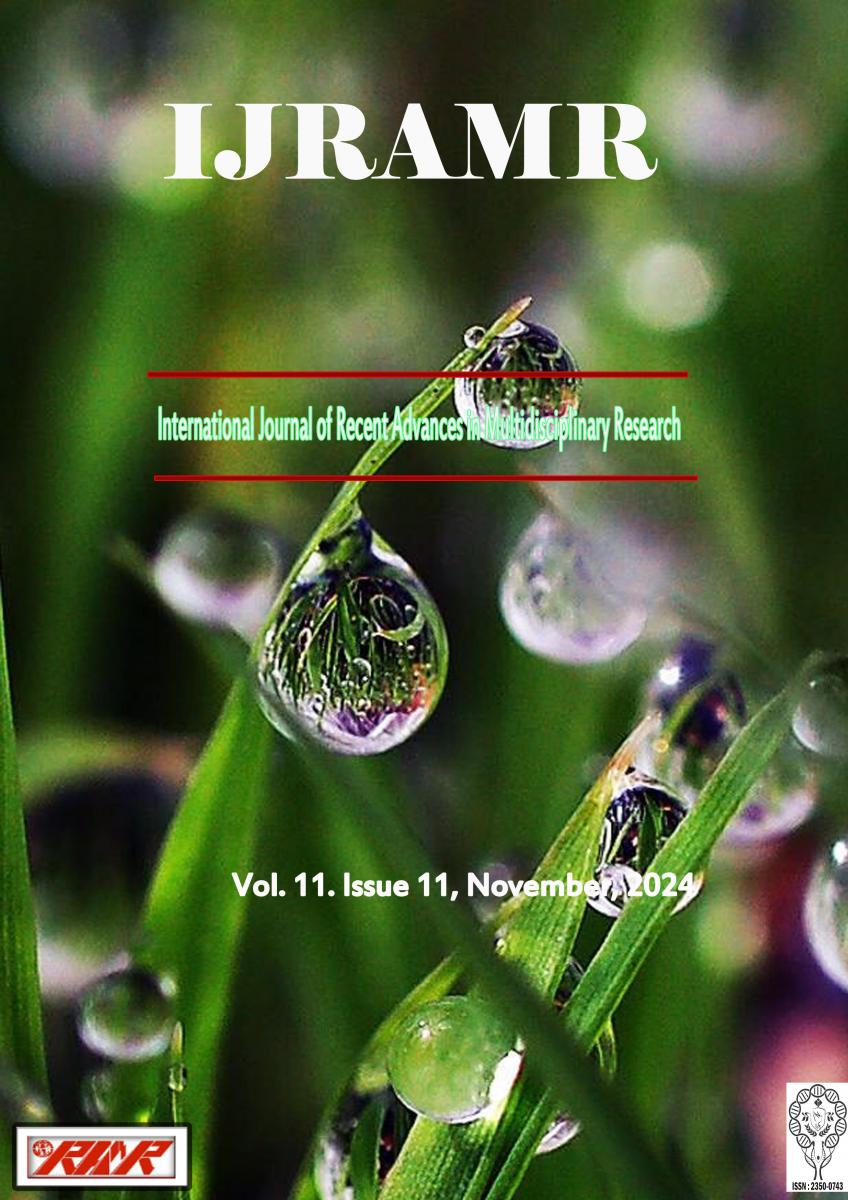Financing women's entrepreneurship remains a challenge. The aim of this research is to find rational factors that explain the exclusion of women owners of very small businesses or microenterprises. The research question is "Why do microfinance institutions exclude women entrepreneurs from financing?"The chosen analytical framework is trade-off theory to explain this exclusion. Our methodological approach is quantitative. The data used are secondary and extracted from the database of a microfinance institution in Gabon. We selected one hundred and sixtywomen’svery small business owners and their characteristics. The structural equation technique was used for data processing. The results indicate that women owners are excluded from financing by microfinance institutions because they borrow large amounts, divert the sums borrowed from investment to domestic consumption, are late in repaying and borrow for the long term. Paradoxically, recidivism in borrowing and the cultural proximity of women entrepreneurs to microfinance institution managers do not favor their financing. Paradoxically, they are not excluded from financing by the risk they present. Age is not a factor that excludes them from financing. Our theoretical contribution is to complete the trade-off theory by specifying the factors that determine risk. Our managerial contribution is to help microfinance institution managers to improve their practices by better targeting women’s entrepreneurs. They can also introduce controls to combat the detour of borrowed funds towards investment. Finally, they can correct the paradox noted in this paper, by financing more repeat offenders, as they honor their repayments.This result can also be used as an institutional policy to encourage more state support for women entrepreneurs.






